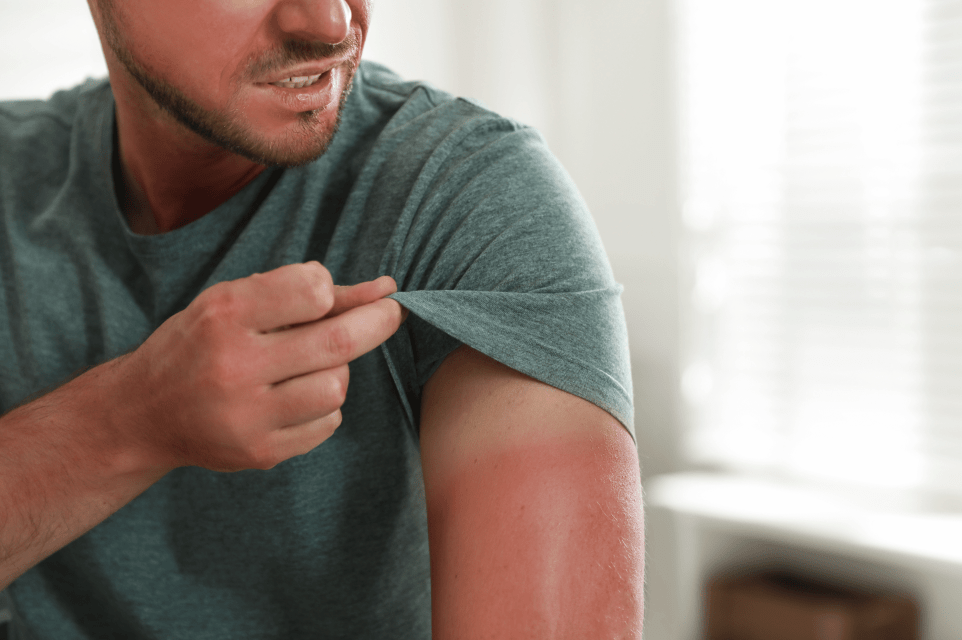Sun Exposure
Cancer that is caused in relation to what people do at work is nothing new. The first case of an occupational cancer in the UK was identified in 1775 – ‘soot wart’, a skin carcinoma suffered by chimney sweeps who were diagnosed as young as their late teens.
It took another 150 years to find out that it was down to a carcinogen found in coal soot. Today Non-Melanoma skin cancer is the second most common diagnosed work related cancer.
Skin cancer is one of most common forms of cancer in the UK and skin cancer cases are on the increase in this country. They are rising faster than in the rest of Europe. Every year in Great Britain, on average:
• Occupational skin cancer kills 60 people.
• There are at least 1,500 new cases of non-melanoma skin cancer and 240 new cases of malignant melanoma linked to solar radiation exposure through work.
Ultraviolet radiation is a risk that particularly affects outdoor workers, who receive 5-10 times the yearly sun exposure of indoor workers. Too much exposure to UV radiation from the sun can cause skin damage including sunburn, blistering, skin ageing and in the long term could lead to skin cancer. Those with a family history of skin cancer (and those with pale skin/fair hair) may be more at risk.
Don’t be complacent about exposure to UV from the sun, even on cloudy days or through a tree canopy, exposure can be higher than you expect.
1. Cover Up – Wear long, loose clothing to keep the sun off your skin. Loose clothing must not be worn where it could present a risk of entanglement in machinery.
2. Protect Your Head – Don’t forget your head, face, ears and neck. If you wear a hard hat, consider a Legionnaire-style flap.
3. Seek Shade – Come out of the sun if possible during the most powerful ultraviolet periods (10am–3pm), and remember to stay in the shade during breaks.
4. Use Sun Screen – Use SPF 30 or higher on any exposed skin – apply it half an hour before going outside, put plenty on and reapply it frequently.
5. Be Skin Safe – Report mole changes (size, shape, colour, itching or bleeding) or any other concerns about your skin to your doctor as soon as possible – don’t put it off, early treatment is important.



